
Human Speakers at the PLAI Summit
Friday, September 19, 2025, 9:00 am – 4:30 pm
All sessions will take place in the Harte Center Collaboration Gallery (Leyburn 128)
Houston H. Harte Center for Teaching and Learning at Washington and Lee University
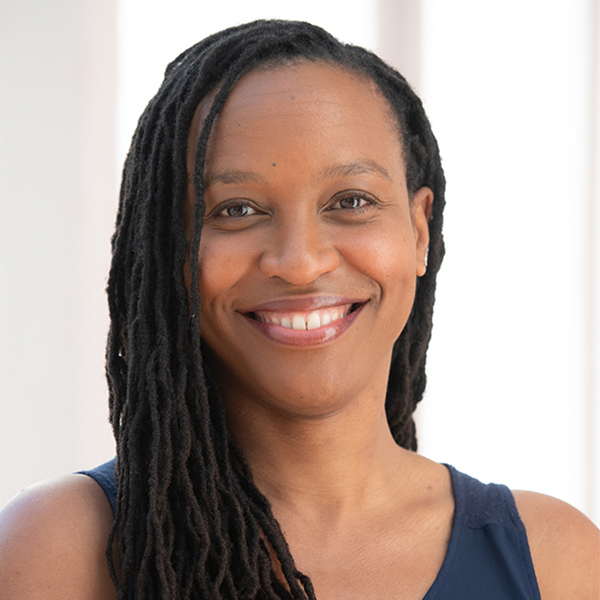
Dr. Sybil Prince Nelson
Dr. Sybil Prince Nelson graduated from Washington and Lee University in 2001 with a degree in Mathematics and Music. During her time there, she completed a research project entitled “Classifying Clawless Steinhaus Graphs", completed music senior thesis by composing a concert, and performed frequently in the dance department in ballet, tap and hip-hop. Several years and two children later, Prince Nelson completed her master’s degree in pure mathematics at the College of Charleston with her thesis “Dynamics of Nearly Circular Vortex Filaments.” Immediately after, she attended the Medical University of South Carolina to earn her PhD in Biostatistics with the thesis “Classifying and Predicting Disease Outcome from Continuous and Binary Predictors and their Interactions.” After completing her PhD, Prince Nelson was a Visiting Professor at The Citadel in South Carolina and she is currently an Assistant Professor of Mathematics and core faculty of the Data Science department at her Alma Mater Washington and Lee. During all this time, Dr. Prince Nelson has never forgotten one of her original loves: writing. As Sybil Nelson, she has published over a dozen science fiction novels for children and adults including her popular middle grade series Priscilla the Great and books from her recent “Jane Austen in Space” collection with titles such as Pride and Prejudice in Space. Under her pen name, Leslie DuBois, she has published over a dozen Historical Fiction and Interracial Romance novels that often deal with serious social issues such as with her novel Shadows of St. Louis, which centers on the 1917 race riots in East St. Louis, IL.
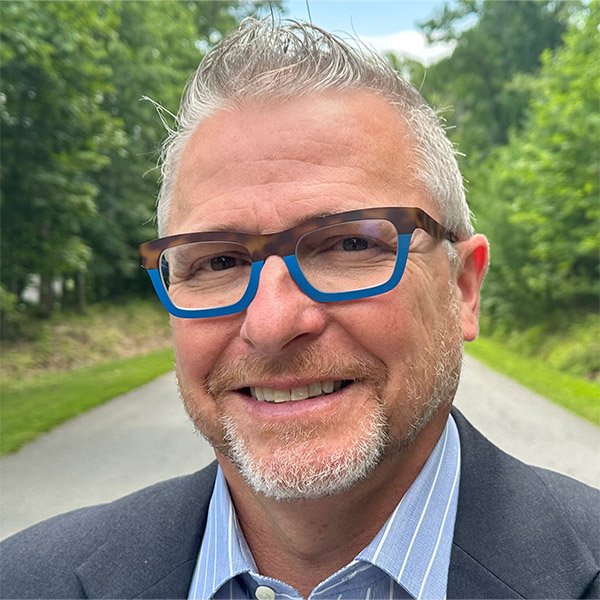
Dr. C. Edward Watson
Dr. C. Edward Watson is the Vice President for Digital Innovation at the American Association of Colleges and Universities (AAC&U). He is also the founding director of AAC&U’s Institute on AI, Pedagogy, and the Curriculum. Prior to joining AAC&U, Dr. Watson was the Director of the Center for Teaching and Learning at the University of Georgia (UGA) where he led university efforts associated with faculty development, TA development, learning technologies, and the Scholarship of Teaching and Learning. He continues to serve as a Fellow in the Louise McBee Institute of Higher Education at UGA and recently stepped down after more than a decade as the Executive Editor of the International Journal of Teaching and Learning in Higher Education. His most recent publications are Teaching with AI: A Practical Guide to a New Era of Human Learning (Johns Hopkins University Press, 2024), Leading Through Disruption: Higher Education Executives Assess AI’s Impacts on Teaching and Learning (AAC&U, 2025), and the Student Guide to AI (Elon University & AAC&U, 2025). Dr. Watson been quoted in the New York Times, Chronicle of Higher Education, Inside Higher Ed, Campus Technology, EdSurge, Newsweek, U.S. News, EdTech, Consumer Reports, UK Financial Times, and University Business Magazine and by the AP, CNN and NPR regarding current teaching and learning issues and trends in higher education.
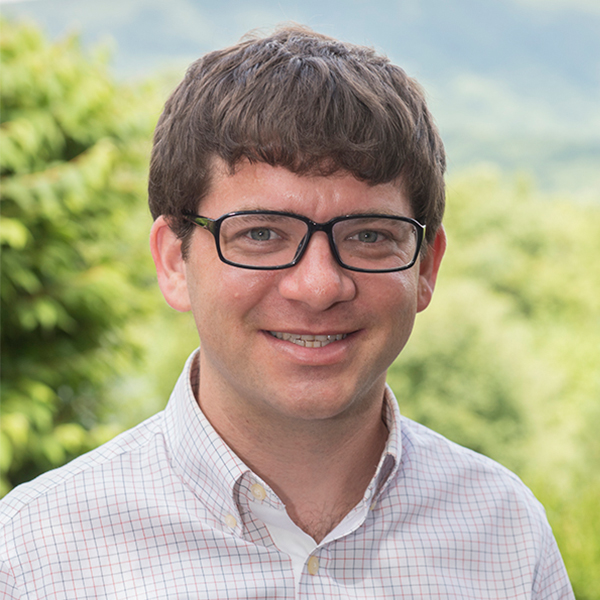
Professor Jeff Schatten
Jeff Schatten is an Associate Professor of Business Administration at Washington and Lee University, where his research and consulting explore the intersection of artificial intelligence, organizational behavior, and leadership. With a Ph.D. in Management from Georgia State University, Jeff collaborates with organizations to design and implement AI strategies that transform management, decision-making, and workplace dynamics. His consulting and speaking engagements guide executives and private equity firms in navigating the cultural and operational challenges of AI adoption, turning technological potential into actionable strategies. Jeff is the author of AI Will Take Your Job (and It’s for the Best), a book blending optimism and pragmatism to explore AI’s impact on work and society. Written during a year in Barcelona—where he dabbled in stand-up comedy—the book offers a sharp, accessible vision for an AI-driven future. His thought leadership appears in The Chronicle of Higher Education, The LA Times, and The Big Story podcast, while his academic work, published in journals like Leadership Quarterly and Negotiation Journal, has earned accolades such as the Southern Management Association’s Best Paper in Organizational Behavior. As host of the Demystifying Organizations podcast, Jeff interviewed leading voices on management and innovation. His teaches a distinctive “Leading Teams” course, pairing students with incarcerated individuals to study leadership in challenging contexts. With a philosophy degree from the University of Maryland, experience founding a real estate investment firm, and advising startups in South Africa, Jeff brings a multidisciplinary lens to his work. He helps leaders not only understand AI’s mechanics but also its profound implications for human agency and organizational life.
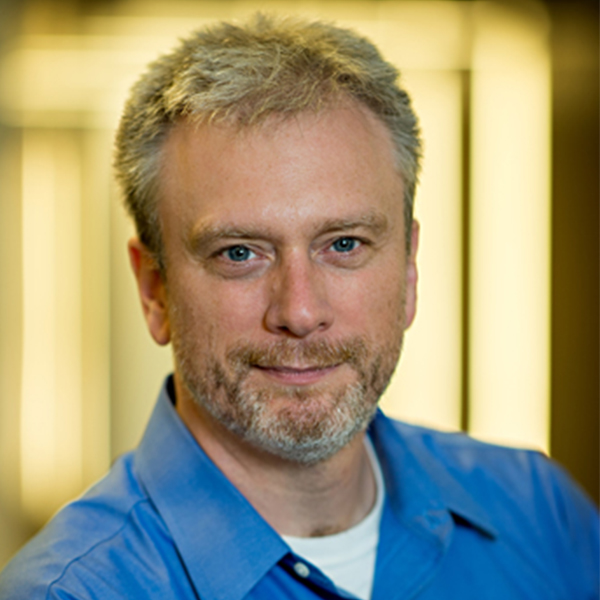
Professor Joshua Fairfield
Professor Joshua Fairfield is an internationally recognized law and technology scholar, specializing in artificial intelligence, digital property, privacy, and virtual communities. He is the author of two books, OWNED: Property, Privacy, and the New Digital Serfdom, and Runaway Technology: Can Law Keep Up? from Cambridge University Press. His third book, AIsocial: How AI turns Online Communities into Ghost Towns, forthcoming from Oxford University Press, discusses the law of artificial intelligence, surveillance capitalism, and human community.
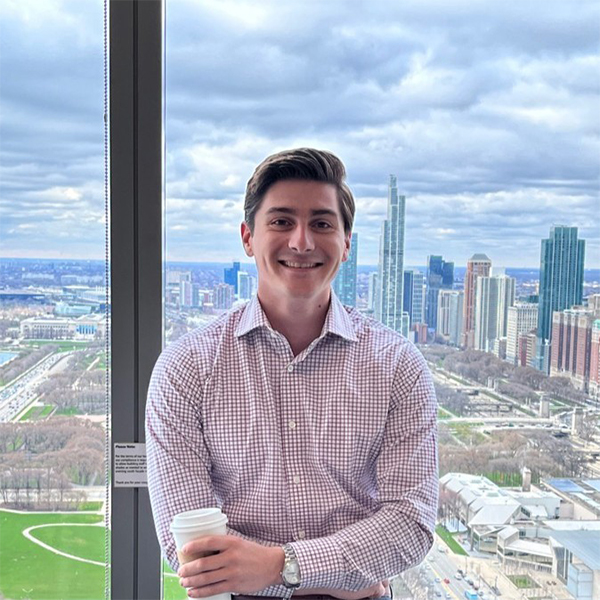
Ethan Fischer ’20
Ethan Fischer ’20 is VP of Strategy and Business Development at K Health, an AI-driven Primary Care company that is on a mission to give everyone access to high-quality healthcare. In his current role, Ethan is responsible for establishing and managing K Health’s partnerships with leading health systems in the United States, including Cedars-Sinai, Mayo Clinic, and Hartford HealthCare. Prior to his work at K Health, Ethan was a consultant at McKinsey & Company. While at W&L, Ethan majored in Economics and served as a head Career Fellow.
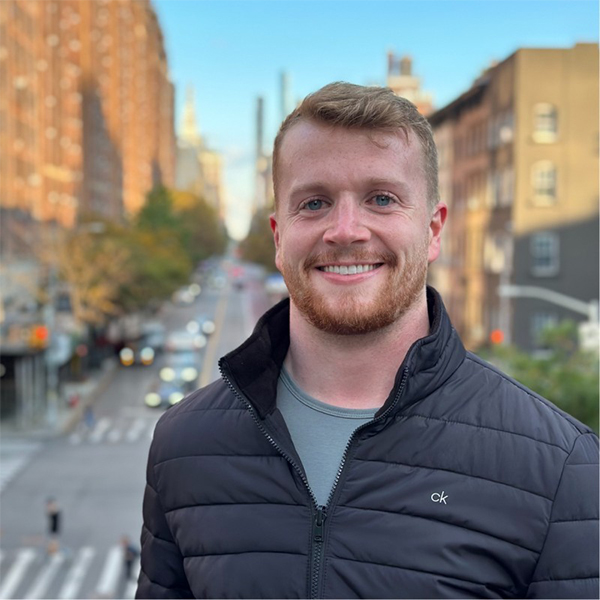
Logan Brand ’20
Logan Brand ’20 is CEO and Founder of Selium Solutions where he provides product and AI consulting for businesses looking to build and adopt AI tools to grow their business. Prior to Selium, Logan co-founded Spacious AI, a startup building tools to make government environmental data more accessible, and before that worked at Microsoft as a Product Manager, where he worked on content provenance and content protection technologies. While at W&L, Logan was a Computer Science major, played on the football team, and co-founded both the Robotics Club and the Film Society.
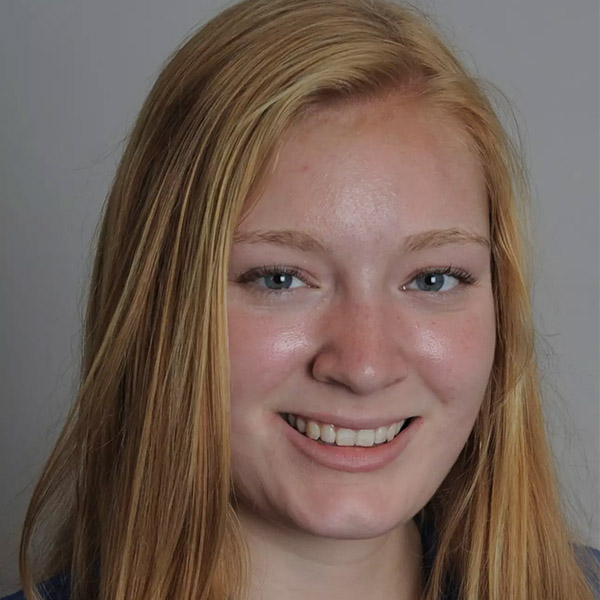
Kaitlyn Brock ’20
Kaitlyn Brock ’20 is a FAAS Senior Consultant at EY. In her role she consults on accounting processes, specializing in finance optimization. Prior to her role at EY, Kaitlyn worked as an auditor at PwC for almost two years, auditing a large bank. While at W&L, Kaitlyn majored in accounting, was a member of the volleyball team and worked on the Mock Con financial controllership team.
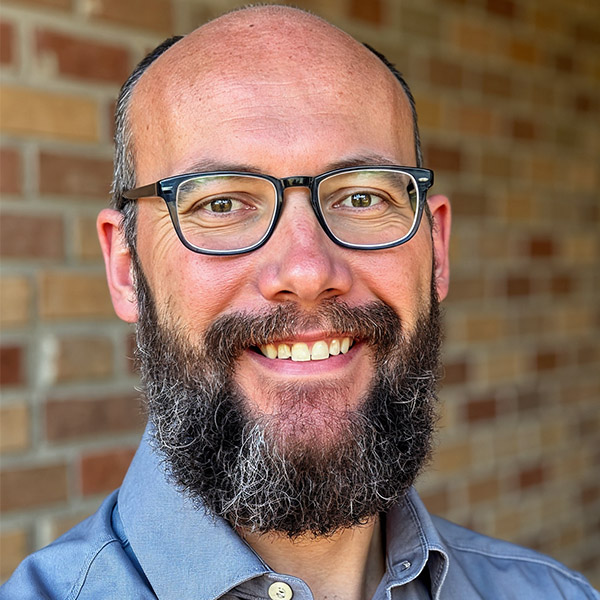
Dr. David Dixon
Dr. David Dixon is Head of AI Education & Innovation at MIT Open Learning, where he develops training materials on generative AI for national, military, intelligence, government, education, and corporate workforces worldwide. He draws on 15 years at the intersection of artificial intelligence, human-computer interaction, and technology strategy. Dr. Dixon earned his Ph.D. studying the impact of new technologies on the future of work, an M.S. in Management Science & Engineering, and an M.A. in Sociology from Stanford University. His research explores how AI, machine learning, and open innovation systems reshape learning, invention, and human systems. An experienced entrepreneur and field researcher across multiple continents, his perspective on AI is also featured in a number of forthcoming book and documentary projects. As a father of six, he works to ensure technological advances support, foster, and protect humanity.
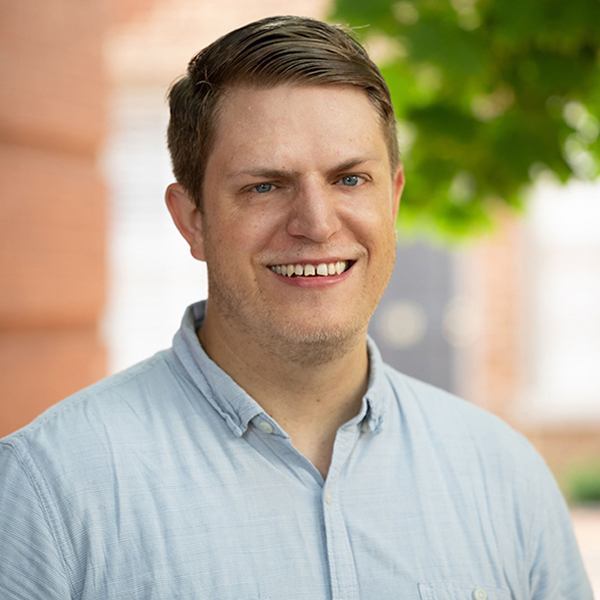
Dr. Jacob Gibson
Dr. Jacob Gibson is a Visiting Assistant Professor of Cognitive and Behavioral Sciences at Washington and Lee University. He received his Ph.D. in Experimental Psychology from Idaho State University and actively investigates the factors that impact how accurately individuals assess the personalities of others. He spent years breaking his dad’s computer and then quickly working to fix it before he got home. This fostered in him an obsession with technology, and he spent much of his teenage years programming video games and jailbreaking iPods. He has now channeled this passion into the classroom, where he actively works to find creative tools to help implement evidence-based pedagogy. Dr. Gibson now has multiple ongoing projects looking at the impact of AI in the classroom (the good and the bad) and how techniques of alternative grading can benefit students’ long-term outcomes.
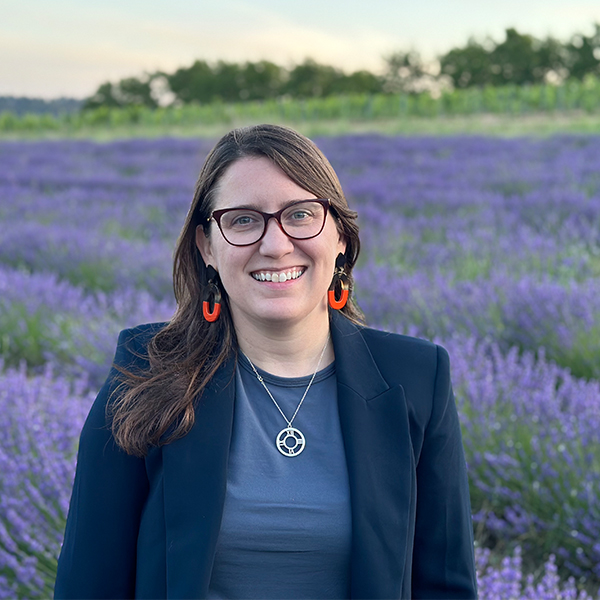
Dr. Lauren Tilton
Dr. Lauren Tilton is the E. Claiborne Robins Professor of Liberal Arts and Digital Humanities and Director for the Center for Liberal Arts and AI (CLAAI) at the University of Richmond. She specializes in computational approaches to studying 20th and 21st century visual culture and is committed to scholarship in many forms including data, public digital projects, and software. Her most recent co-authored books include Distant Viewing: Computational Exploration of Digital Images (MIT Press; Open Access), Humanities Data in R 2nd Edition (Springer), and Computational Humanities (University of Minnesota Press; Open Access). Her award-winning scholarship has received funding from the American Council of Learned Societies, National Endowment for the Humanities, and Mellon. She is Editor-in-Chief of Computational Humanities, an open access journal with Cambridge University Press. She is President of the Association for Computers and the Humanities (ACH), the scholarly association for digital humanities in the United States, and President-Elect of the Association of Digital Humanities Organization (ADHO), the global DH association. She earned her PhD in American Studies from Yale University.